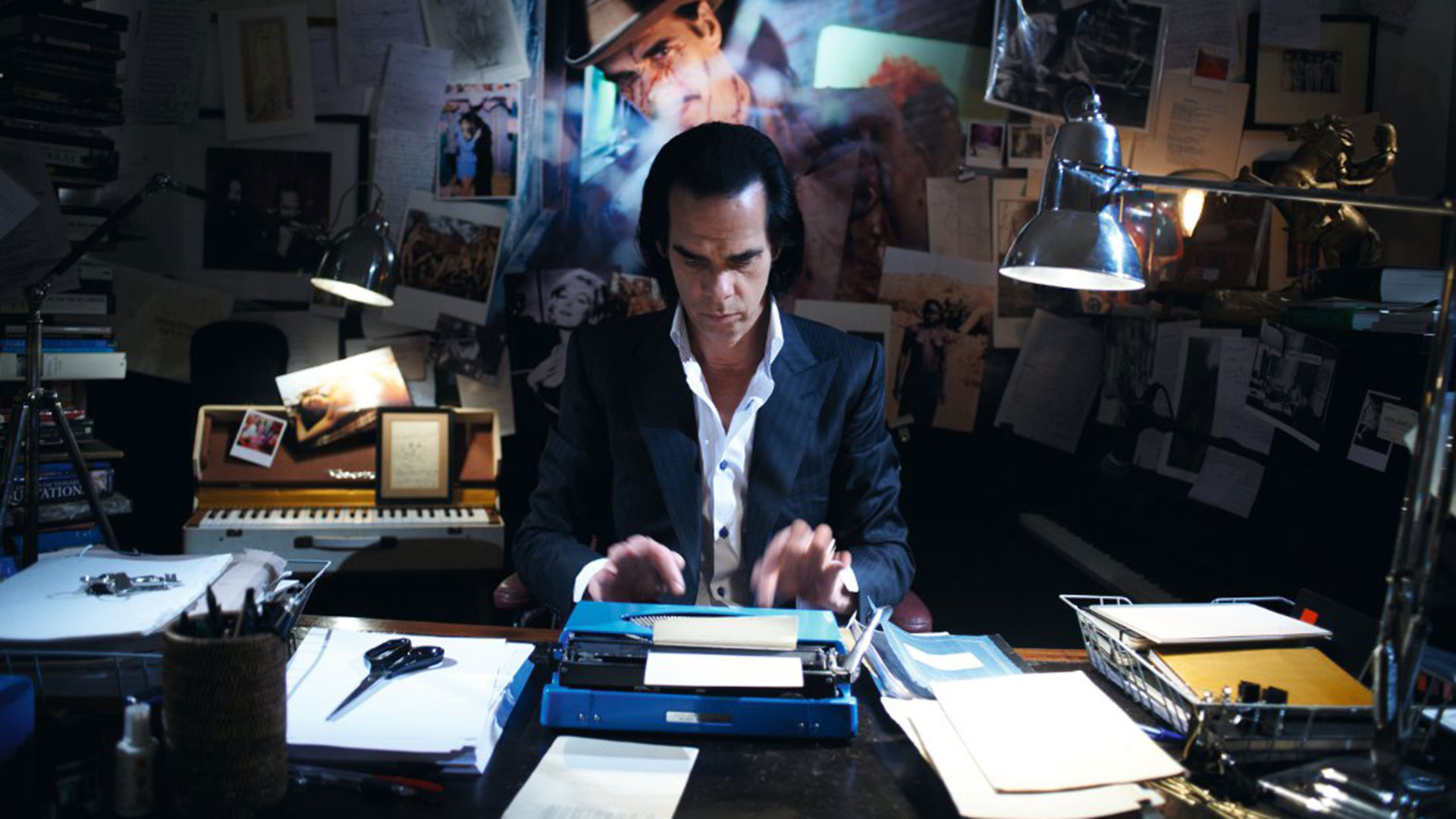In 20,000 Days on Earth, Iain Forsyth and Jane Pollard’s compelling portrait of Nick Cave, we learn that the Bad Seeds frontman kept a weather diary for a year in the early 2000s.
The journal, he explains, was an account of the sometimes glorious, mostly grey skies over his adopted home town of Brighton, and was a way for the Australian to cope with the worst the English climate could throw at him. It got to be an obsession.
“You know,” Cave tells us, “I can control the weather with my moods. I just can’t control my moods.”
I can control the weather with my moods. I just can’t control my moods
It’s a telling remark – a statement that at once expresses the swaggering omnipotence we might expect from a rock star of Cave’s pedigree, but at the same time it is also a touchingly humble admission that he’s subject to the same whims and shifts in temper as the rest of us. In an age when musicians come pre-packaged and overexposed, Cave remains an enigma – and, to its credit, this film doesn’t try to solve it with single answers.
Instead this brilliant, shimmering collage of a film purports to be an account of Cave’s 20,000th day alive, and follows him on a day of writing, recording and reminiscing in Brighton. Don’t expect a conventional documentary: artists-turned-directors Iain Forsyth and Jane Pollard have fabricated in collaboration with Cave a series of scenarios, each intended to reveal a different aspect of Cave’s working process.
The result is a fascinating play between revelation and fakery, between spontaneity and set-up. At one point he visits the grandly appointed Nick Cave archives. Speaking to the earnest archivists Cave seems bemused and ironic, until he recollects performing with Nina Simone, and finds himself floored by the force of the memory.









